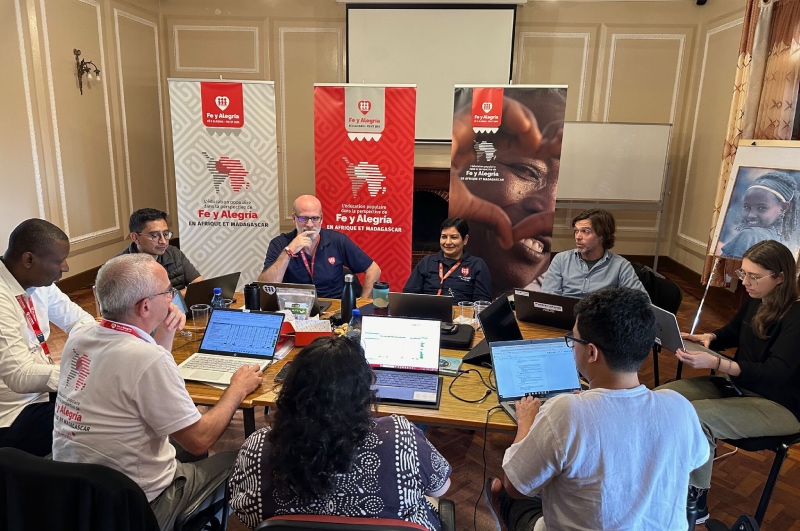

In a world where safeguarding is paramount to the well-being of individuals, especially vulnerable populations, the role of dedicated professionals cannot be overstated.
This story encapsulates the essence of transformative safeguarding efforts through a blend of innovative practices, success stories, and the challenges faced and overcome at St. Peter Claver High School.
Restoring Trust Through Community Engagement
Corporal punishment, once a common practice and accepted form of discipline by many parents at St. Peter Claver High School, posed a significant safeguarding challenge. The negative effects of this practice were well-documented, leading to eroded trust between parents and staff. Recognizing the need to address these concerns, the school initiated a comprehensive outreach program to rebuild trust and shift perceptions.
The initiative featured open forums where students were encouraged to share their concerns and collaborate on solutions. The school also introduced regular feedback sessions with parents, students, and staff to foster transparency and accountability. Through these efforts, parents were educated on the harmful effects of corporal punishment and alternative, more positive disciplinary approaches.
As a result, the school saw a significant reduction in reported incidents of abuse, alongside an increase in staff engagement and support. This success story highlights how open communication and proactive engagement can transform safeguarding efforts and rebuild trust within the community.
Innovative Safeguarding Practices: Real-Time Monitoring
To strengthen its safeguarding approach, St. Peter Claver High School implemented real-time monitoring systems. This initiative allows safeguarding officers to meet with students weekly, providing a platform for real-time reporting and analysis of concerns. By addressing issues as they arise, the school has reduced response times and improved the overall safety of its environment.
This proactive strategy has not only enhanced the security of the school but also fostered a culture of openness where students feel empowered to report concerns without fear.
Overcoming Challenges: Addressing Staff Training Gaps
One of the major challenges the school faced was the inconsistent levels of safeguarding training among staff members. Some were experienced, while others were new to the field, resulting in uneven application of safeguarding protocols.
In response, the school introduced a tiered training program tailored to different levels of experience. The program includes workshops, scenario-based training, and ongoing mentorship to ensure that all staff members are equipped with the knowledge and skills to maintain high safeguarding standards.
This approach has been so successful that staff members have been able to extend their expertise beyond the school. For example, one staff member conducted a safeguarding seminar at Gonzaga Primary School in Dar-es-Salaam, sharing insights and best practices with educators from other institutions.
Empowering Youth Through Peer Support
Another key success has been the launch of a youth mentoring program aimed at empowering students to act as peer mentors. The program is built on the belief that students who have faced personal challenges can provide valuable support and guidance to their peers.
This initiative has created a supportive environment where students can lean on one another, building confidence and resilience. Both mentors and mentees have praised the program, noting how peer support has made a positive difference in their lives.
Looking Ahead: Future Training and Collaboration
St. Peter Claver High School is committed to further enhancing its safeguarding efforts. Several upcoming workshops and seminars will focus on emerging safeguarding techniques, and the school will collaborate with other organizations in conferences to share best practices.
Safeguarding is an ongoing journey filled with challenges and successes. St. Peter Claver High School’s commitment to innovation, community engagement, and continuous professional development is creating a safer and more supportive environment for all. The school invites others to join this important work by sharing their experiences and insights, contributing to a collective effort to protect the most vulnerable.
Related Articles
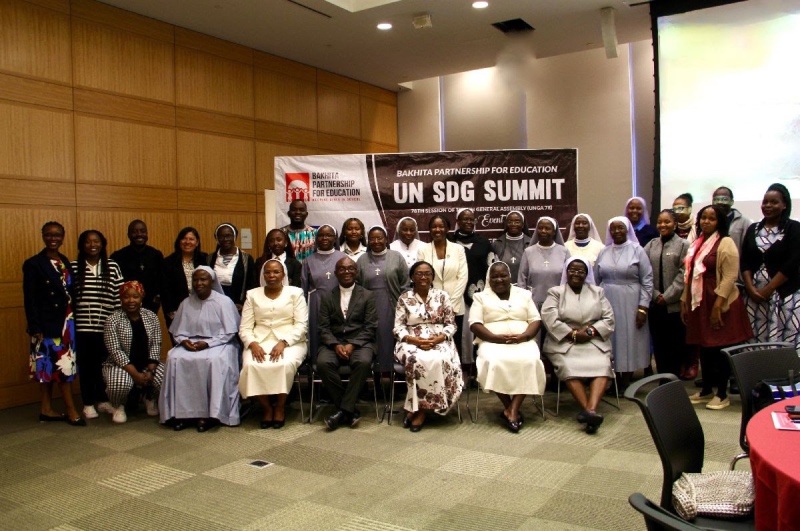
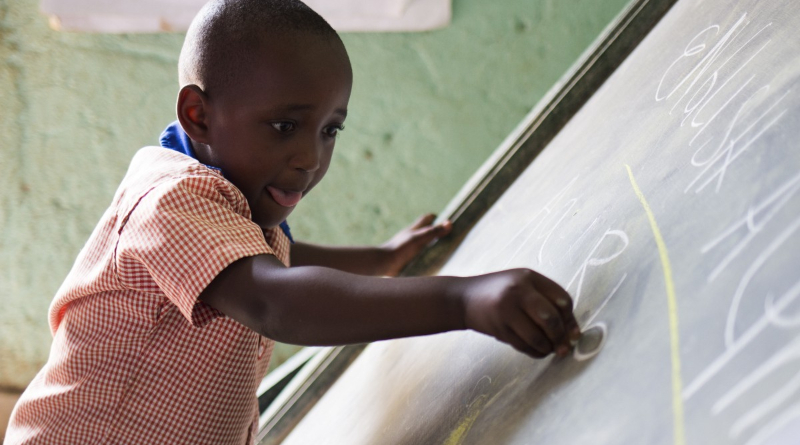
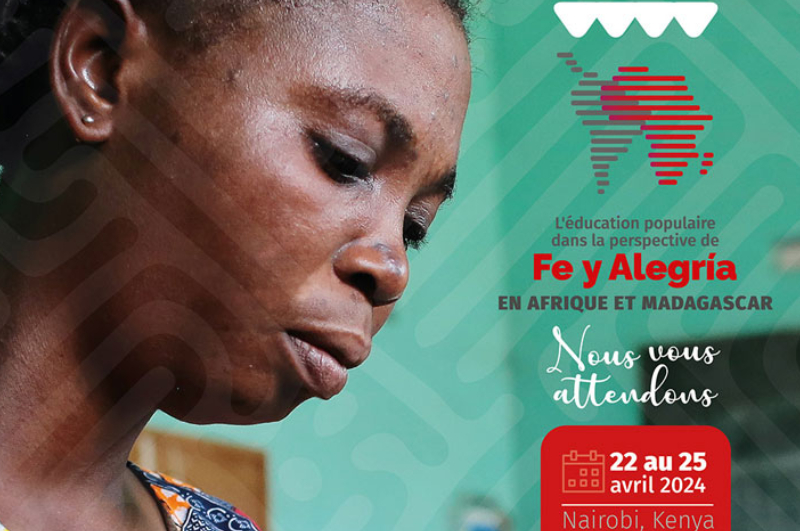
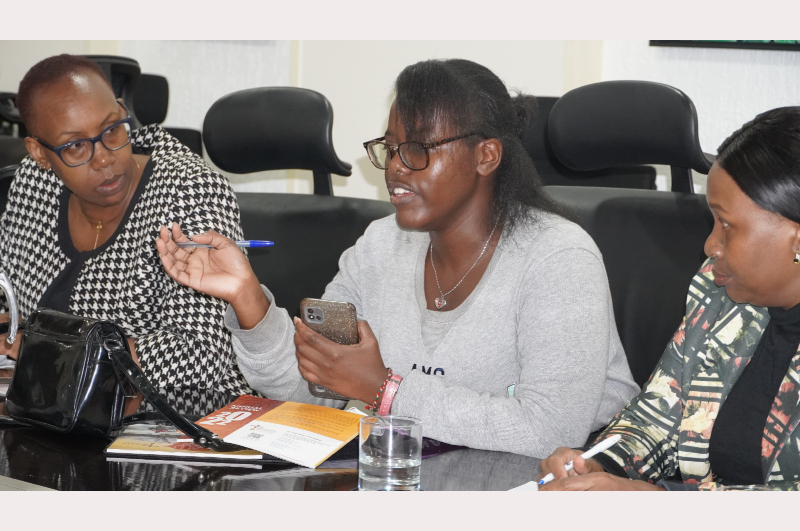

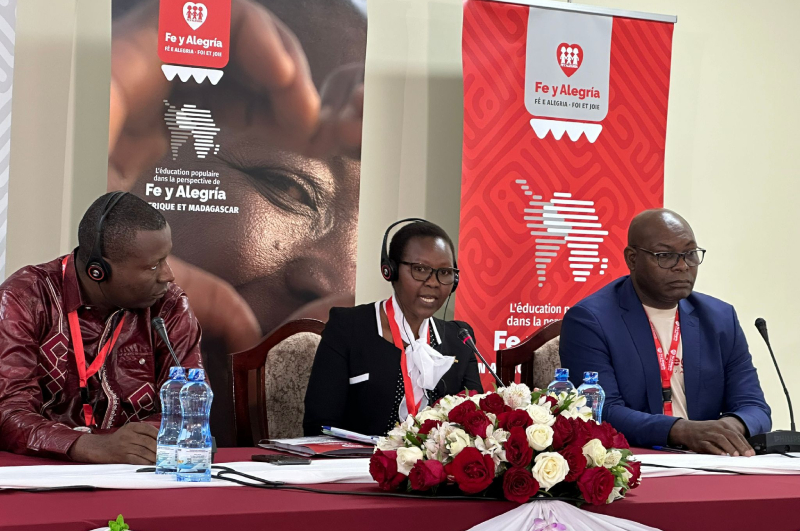
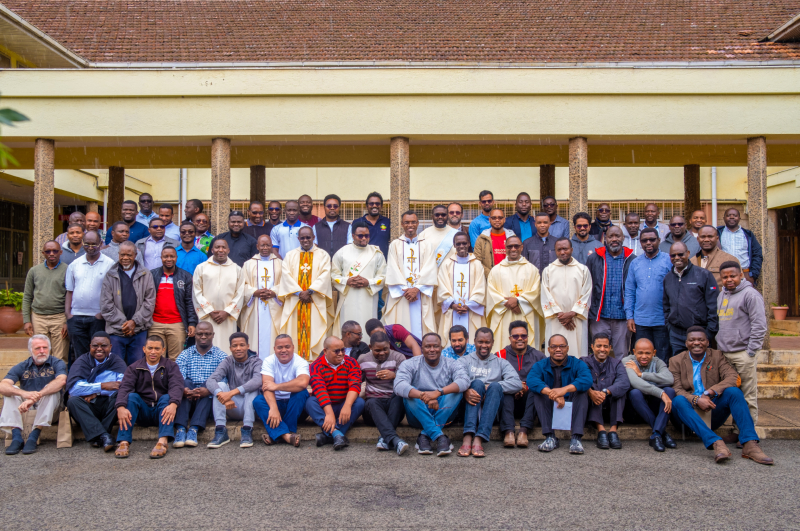
Select Payment Method
Pay by bank transfer
If you wish to make a donation by direct bank transfer please contact Fr Paul Hamill SJ treasurer@jesuits.africa. Fr Paul will get in touch with you about the best method of transfer for you and share account details with you. Donations can be one-off gifts or of any frequency; for example, you might wish to become a regular monthly donor of small amounts; that sort of reliable income can allow for very welcome forward planning in the development of the Society’s works in Africa and Madagascar.
Often it is easier to send a donation to an office within your own country and Fr Paul can advise on how that might be done. In some countries this kind of giving can also be recognised for tax relief and the necessary receipts will be issued.



